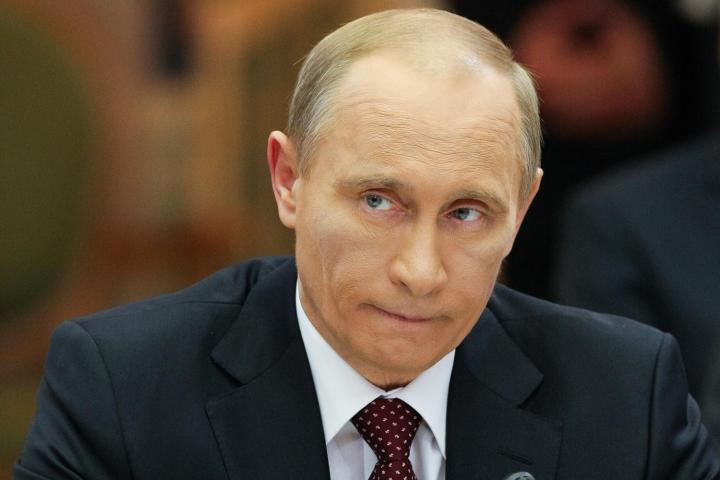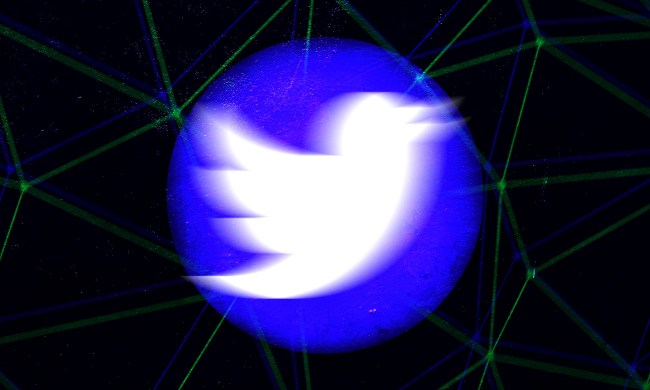
Roskomnadzor, a government agency that supervises communications, information technology and mass media (including social media) in the country, late last week asked the three tech companies to comply with Russian laws that many outsiders believe amount to censorship. “In our letters we regularly remind companies of the consequences of violating the legislation,” Vadim Ampelonsky, a spokesperson for Roskomnadzor, told Reuters.
According to the news agency, Russian President Vladimir Putin promised not to put the Internet under government control. However, Roskomnadzor’s actions seem to indicate otherwise. Ampelonsky also mentioned that, because of the encryption technology used by the three firms, Russian authorities could only block the services in their entirety, as opposed to the specific websites that are directly violating Russian law.
“We regularly remind companies of the consequences of violating the legislation.”
While Ampelonsky recognized that the three firms were in United States territory and subject to United States laws, he also asked that Russian law be respected as well. “We realize they are registered under U.S. jurisdiction. But I think in this case they should demonstrate equal respect to national legislation,” Ampelonsky also said.
Russia isn’t the only country that effectively tries to keep social media sites censored — North Korea, Burma, China, and several Middle Eastern countries such as Saudi Arabia either heavily restrict or outright ban the usage of social media sites.
Middle Eastern countries heavily restrict or ban social media sites for mostly religious reasons. The Saudi religious police (Haia, or The Commission for the Promotion of Virtue and Prevention of Vice) joined Twitter earlier this year to monitor social media for any violations of Sharia law.
North Korea, China, and other East Asian countries heavily censor or ban social media sites under the auspices of preserving state security. The Chinese in particular have Weibo, their own answer to Twitter, while North Korea has a heavily-censored Intranet called Koryolink.
“If the companies do not pay more attention to Russian government requests for data, we will need to apply sanctions,” Ampelonsky said.


